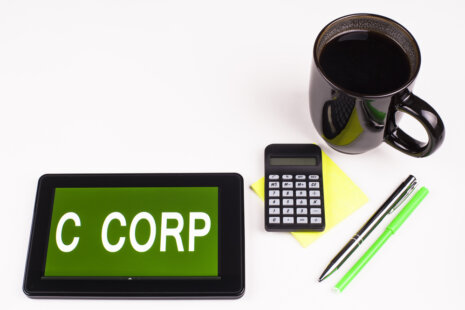Monthly expenses for a business can vary widely depending on factors such as the industry, size of the business, location, and specific operational needs.
However, here are some common types of monthly expenses that many businesses incur…
- Rent or Lease Payments – Monthly rent or lease payments for office space, retail space, or other facilities.
- Utilities – Monthly bills for electricity, gas, water, sewer, trash removal, internet, and telephone services.
- Payroll – Salaries, wages, and benefits for employees, including employer contributions to health insurance, retirement plans, and payroll taxes.
- Supplies – Office supplies, equipment, materials, inventory, and other consumable goods needed for daily operations.
- Insurance – Premiums for various types of business insurance, such as general liability insurance, property insurance, professional liability insurance, and workers’ compensation insurance.
- Marketing and Advertising – Expenses related to marketing and advertising efforts, including print ads, online ads, social media marketing, and promotional materials.
- Professional Services – Fees for legal, accounting, consulting, and other professional services necessary to support business operations.
- Loan Payments – Monthly payments on business loans, lines of credit, or other forms of debt financing.
- Maintenance and Repairs – Costs associated with maintaining and repairing equipment, machinery, vehicles, and facilities.
- Travel and Transportation – Expenses related to business travel, such as airfare, lodging, meals, rental cars, and mileage reimbursement.
- Software and Subscriptions – Fees for business software, subscriptions, licenses, and memberships necessary for operations, such as accounting software, customer relationship management (CRM) software, and industry-specific tools.
- Taxes and Licenses – Quarterly or annual tax payments, business license fees, and other regulatory compliance costs.
- Employee Training and Development – Costs associated with employee training programs, seminars, workshops, and professional development opportunities.
- Rent or Equipment Leasing – Payments for leasing or renting equipment, machinery, vehicles, or other assets needed for business operations.
- Miscellaneous Expenses – Any other miscellaneous expenses not covered by the above categories, such as office furniture, cleaning services, postage, or professional association dues.
It’s essential for businesses to track their monthly expenses carefully, budget effectively, and prioritize spending to ensure financial stability and sustainability. Monitoring expenses regularly can help identify opportunities for cost savings, improve cash flow management, and support long-term growth objectives.




